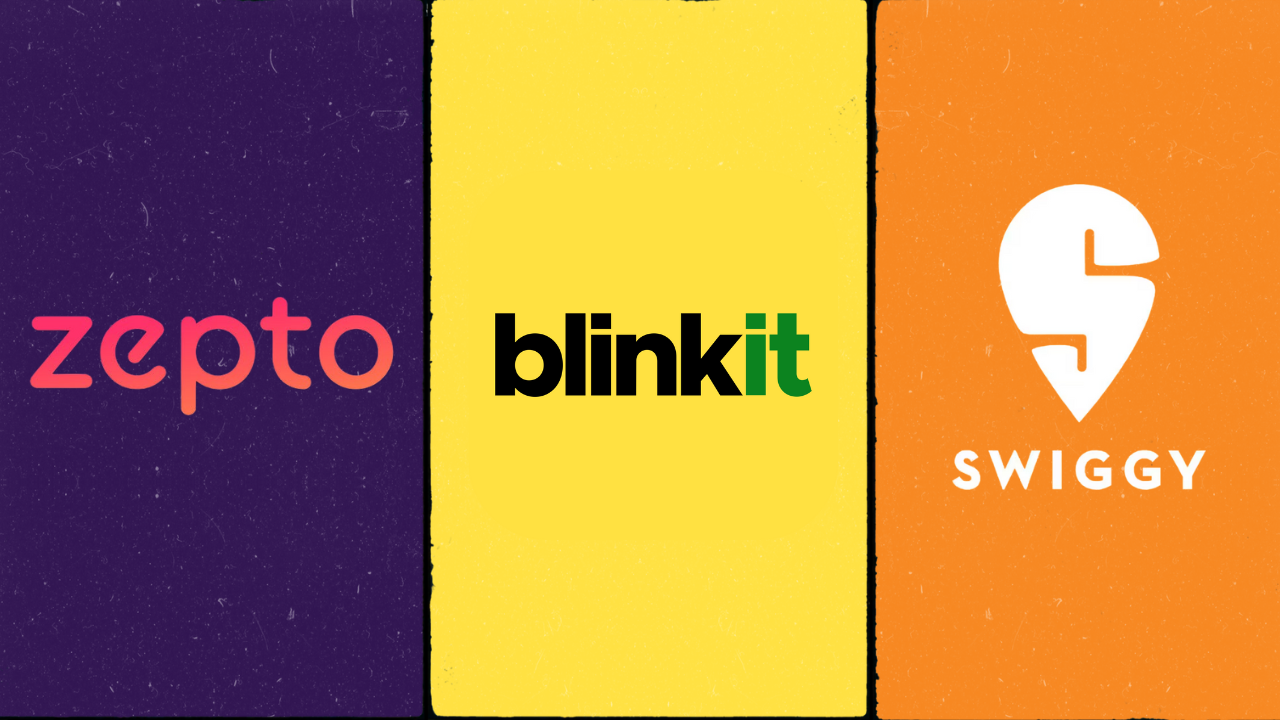
India's quick commerce industry has ushered in a new way of shopping, offering rapid delivery of groceries and essentials, often within minutes. Such convenience, however, has set traditional retailers worried. Recently, the All India Consumer Products Distributors Federation (AICPDF), representing more than 400,000 retail distributors, has voiced strong objections against big players like Blinkit, Swiggy, and Zepto. In a letter addressed to the Competition Commission of India on October 18, the federation called for a probe into the three companies for allegedly adopting predatory pricing, which threatens traditional retailers.
Predatory pricing is generally selling a product at steep discounts, in many cases below its cost of production, to attract consumers. AICPDF urged that, amongst other things, this kind of price-cutting strategy did not act as the best-fit example for competition since it tends to affect local shops and also break the age-old distribution system that many small retailers depend upon. This will render it “impossible for traditional retailers to compete or survive," said the federation in its letter. They are calling for protective measures to ensure that the interests of small retailers and distributors are safeguarded.
Moreover, AICPDF pointed out that many consumer goods companies are now working directly with these quick commerce platforms, which put aside traditional distributors that had serviced local stores for decades. This change is significant since quick commerce in India has been projected to get in excess of $6 billion in annual sales for the current year. Market research claims that Blinkit holds nearly 40% of the market, with Swiggy and Zepto claiming about 30% each.
Earlier this year, the investigation branch of CCI found e-commerce giants such as Amazon and Flipkart in violation of similar predatory pricing strategies – an allegation they strongly deny. Informed government sources have told the media that should AICPDF's complaint prove correct, CCI may launch an investigation against the quick commerce sector. Pending AICPDF's complaint, everything about the quick commerce sector in India could change radically.

